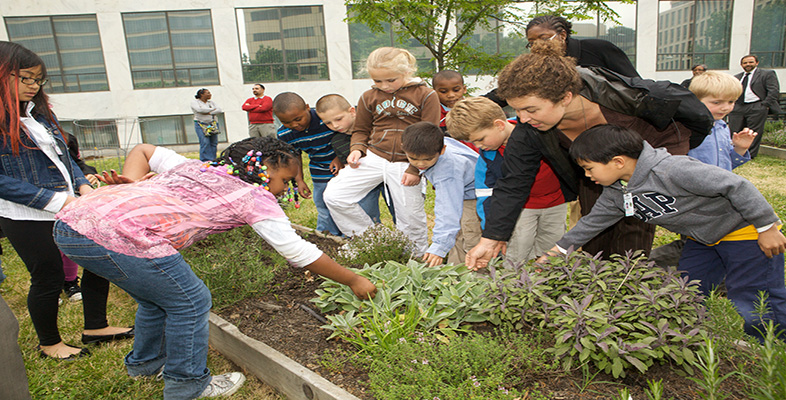1: Thinking about roles
1.1 Preamble
‘Role’ is a word we use all the time, for example ‘my role is to do the ironing while she sorts out the blocked drain in the kitchen’ or ‘my role is to ask the difficult questions at meetings’. Here we suggest that, in the context of work with young people, the term is more than simply a statement about who does what; it also says something about the kinds of relationships we form with young people and the values we bring to our work. To help with this analysis, we are going to look at roles in terms of actions, characters and philosophies.
-
Actions: the interventions that are made in the course of a typical meeting or activity with young people.
-
Characters: the pattern of interventions that are made. We represent these in terms of ‘characters’ which workers will play from time to time, such as the ‘facilitator’ or ‘supervisor’. When and how these characters are brought into play will depend on the apparent needs of young people and the personal, professional and agency values of those who work with them.
-
Philosophies: the overall framework of values which informs the actions we take and the characters we play in working with young people.
Before reading on, it is worth remembering that we create categories in order to understand, to describe and to compare. You can make up your own mind whether or not our three categories and their labels help you to describe and understand your work and that of others.
